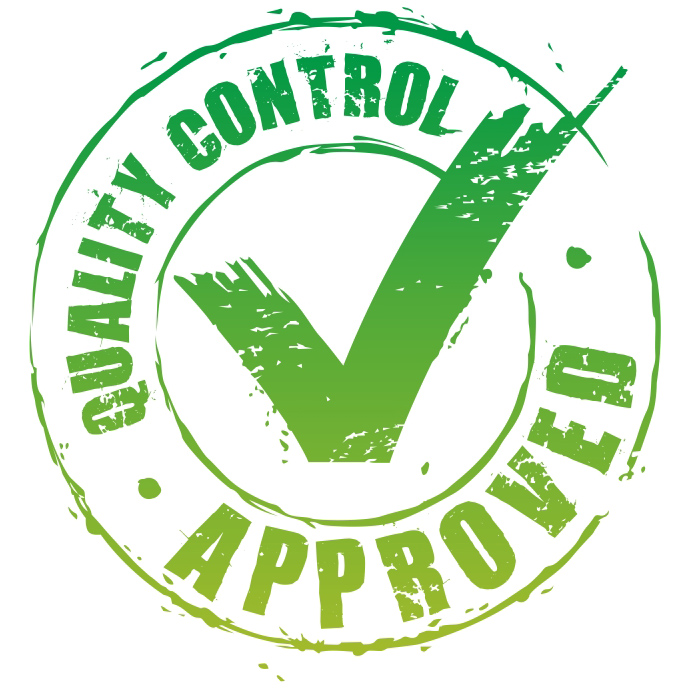Quality assurance
ETUCE: Participates in the implementation process of the EU 2020 and Education and Training 2020 flagship initiatives, among others, via active representation in Open Method of Coordination Working Groups of the European Commission; Monitors EU initiatives on linking education and employment, skills and jobs, learning and job forecasting and on youth employment. Participates in setting up and monitoring the implementation of EU policy on all prioritised areas of education, for instance learning mobility, teaching languages, entrepreneurship education, maths and science education, education for sustainable development, etc. Advocates the provision of quality education and monitors the set-up of quality assurance mechanisms at European and national levels; Carries forward and seeks new opportunities for cooperation with other unions and professional organisations working on education, such as the EFEE; ETUC, EPSU, ESU, ATEE, etc

ETUCE advocates the provision of quality education and monitor the set-up of quality assurance mechanisms at European and national levels and closely follows up the work of the relevant EU institutions and agencies on its implementation.
ETUCE supports quality culture in education and training, and of moving away from a "checklist" approach. Quality assurance must remain an independent instrument used primarily for internal and external evaluation of processes and procedures in education institutions. In education quality assurance should be independent, and conducted independently by quality assurance agencies. Social dialogue in education and training should be strengthened at European and national levels, particularly on quality assurance.
Membership
- ETUCE, via Education International, is member of the European Quality Assurance Register for Higher Education (EQAR), which provides external quality assurance review to universities.
- ETUCE, via Education International, took active role in the revision of Standards and guidelines for quality assurance in the European Higher Education Area (ESG), which were adopted by the Ministers responsible for higher education in 2005.
- ETUCE has been member of the Open Method of Coordination Working Group of the European Commission on Quality assurance in Adult Learning (2012-2014).
- ETUCE has been advising ETUC on representing the trade unions' education and training policies on quality assurance in VET in the European Commission body on EQAVET.
Policy
ETUCE position on Council Conclusions on Quality assurance supporting education and training (2014) underlined that quality assurance in education at school level should be a combination of self-evaluation and based on dialogue between the actors of the schools. In addition, it should not be a punitive process of the ministerial authorities. It is essential that this combined quality assurance should give a feedback to the staff and school leaders for example on how a reform process is implemented. Furthermore, independent agencies can evaluate all levels of the educational system and identify areas at school or system level that need to be developed or changed to support further improvement and progress of quality at a given school.
ETUCE Working Group of trade unionists representing higher education teachers and researchers discussed about Quality Assurance in Higher Education (2012-2014). Result of work: ETUCE Policy paper on Quality Assurance in Higher Education (to be adopted by ETUCE Special conference in November, 2014).
Events
In the framework of Unite for Quality Education Campaign (2013-2014) ETUCE organised a Special Meeting on the improvement of quality in education, gathering representatives of ETUCE member organisations and other stakeholders in education in October, 2013.
ETUI and ETUCE organised a training seminar on The role of the teachers' trade unions in quality assurance in all forms of Vocational Education and Training on 7-9 April, 2014 in Vienna, Austria. The aim of the seminar was to exchange information among teachers' trade unions on how to improve the quality assurance in all forms of Vocational Education and Training (VET) and to recognize the different possibilities of implementing the EQAVET Recommendations at national and at local levels. The seminar focused on the Austrian dual system in vocational education and training which is recognized as one of the best VET systems in Europe contributing to high youth employment rate. The participants discussed about the importance of linking the VET programs to the labour market to try to decrease the unemployment rates in Europe, especially during the crisis. The 25 participants, VET teachers, trade unionists responsible for VET sector, international secretaries and presidents of trade unions, represented 17 EU and 5 non-EU countries.